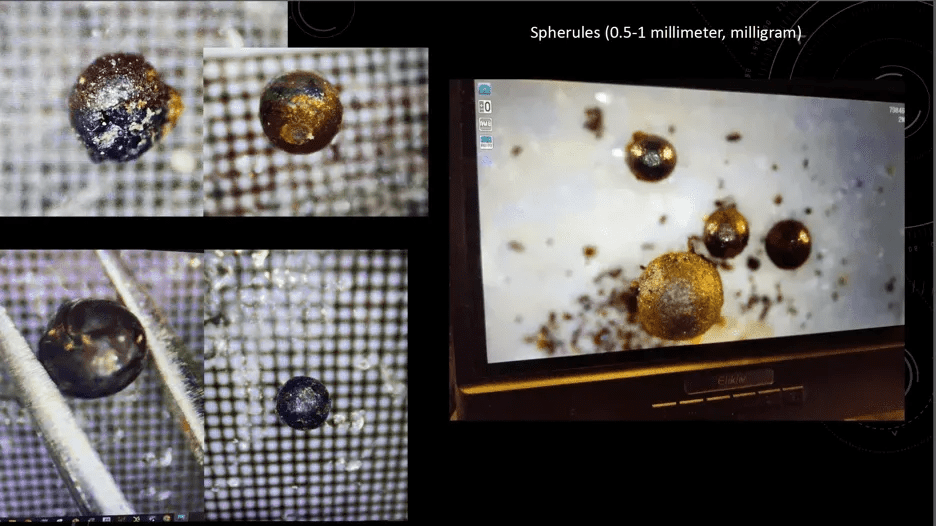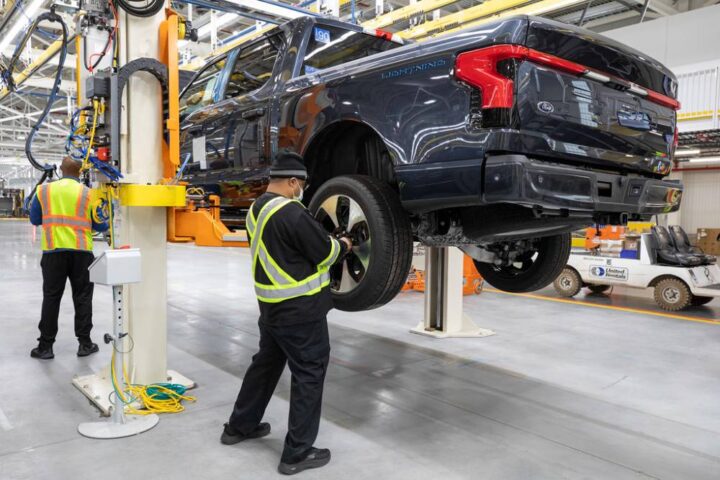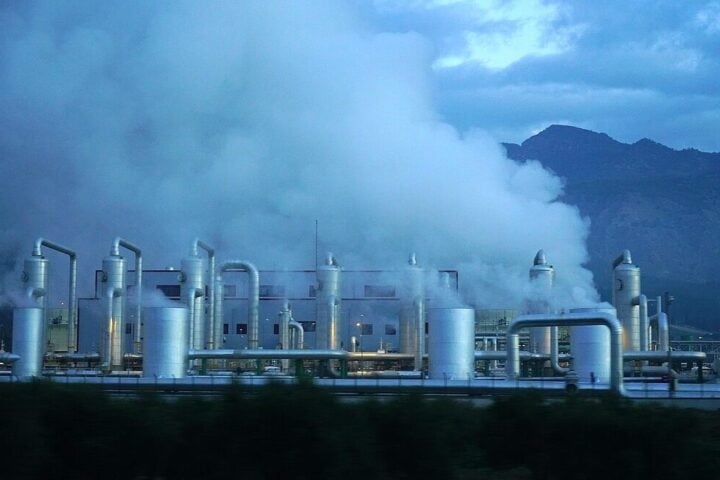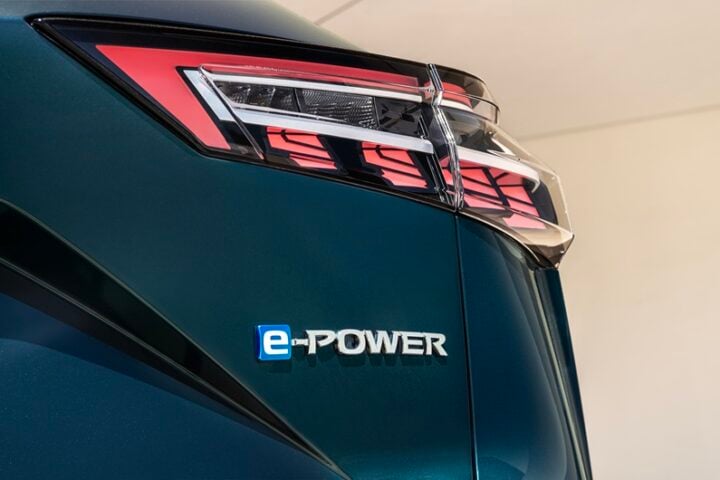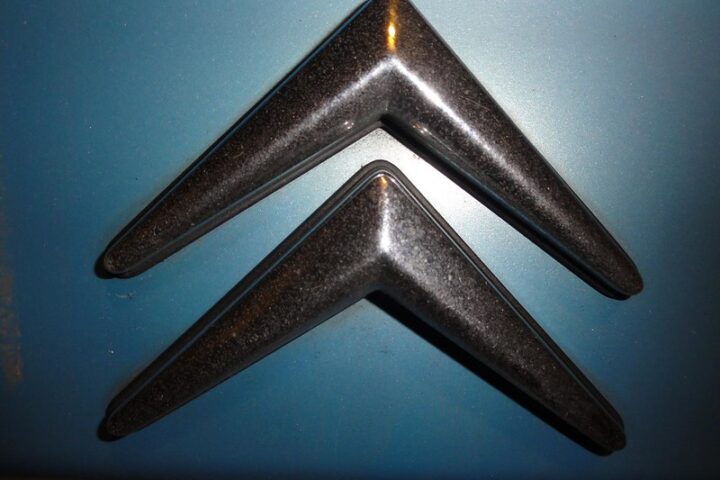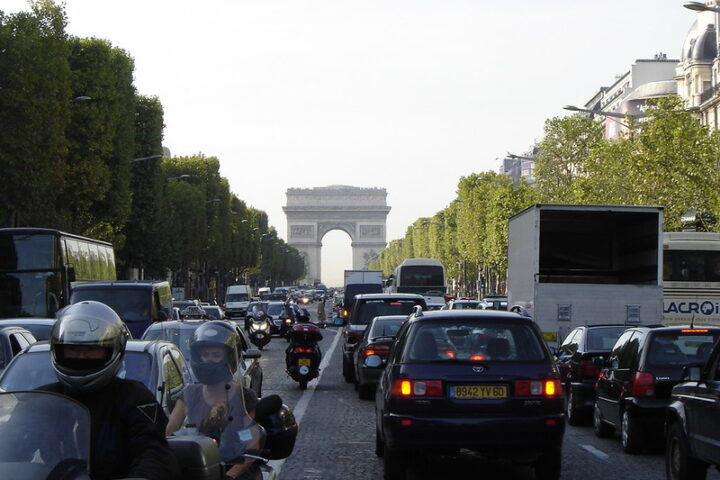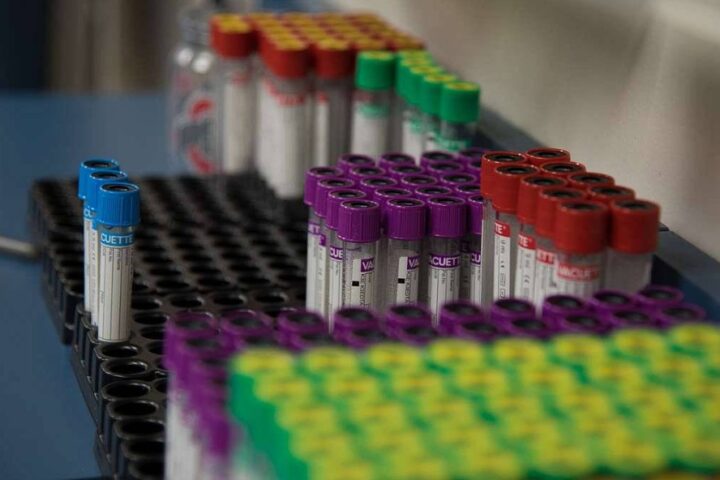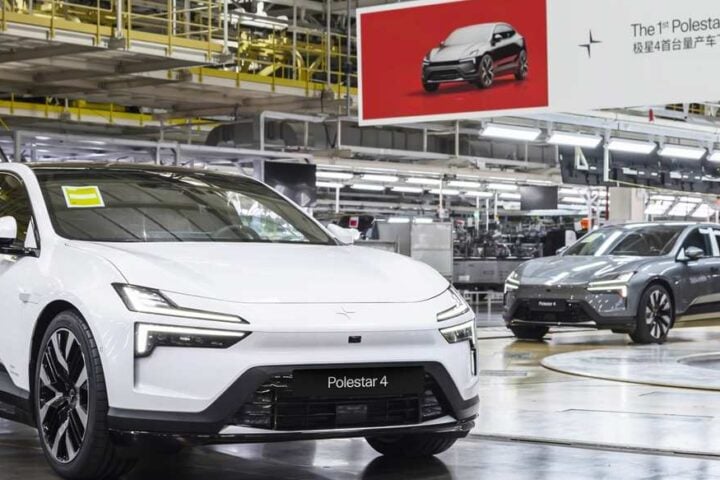A team of students from Delft University of Technology (TU Delft) in the Netherlands has set a Guinness World Record by driving 1,546 miles (2,488 km) on a single tank of hydrogen fuel. The record-breaking feat was achieved in the Eco Runner, a concept car developed by student teams since 2005. Electric vehicle manufacturers are constantly making progress in addressing range anxiety by improving the range of their cars on a single charge. However, fuel cell electric vehicles, which utilize hydrogen fuel cells to produce electricity internally, offer an alternative sustainable transportation solution. The recent achievement by the student team at TU Delft marks a significant step forward for hydrogen cars and sets a new record for the greatest distance driven on full tanks of hydrogen fuel. The Eco Runner XIII covered a distance of 2,488.4 kilometers (1,546.2 miles) over three days using only one kilogram of hydrogen fuel.
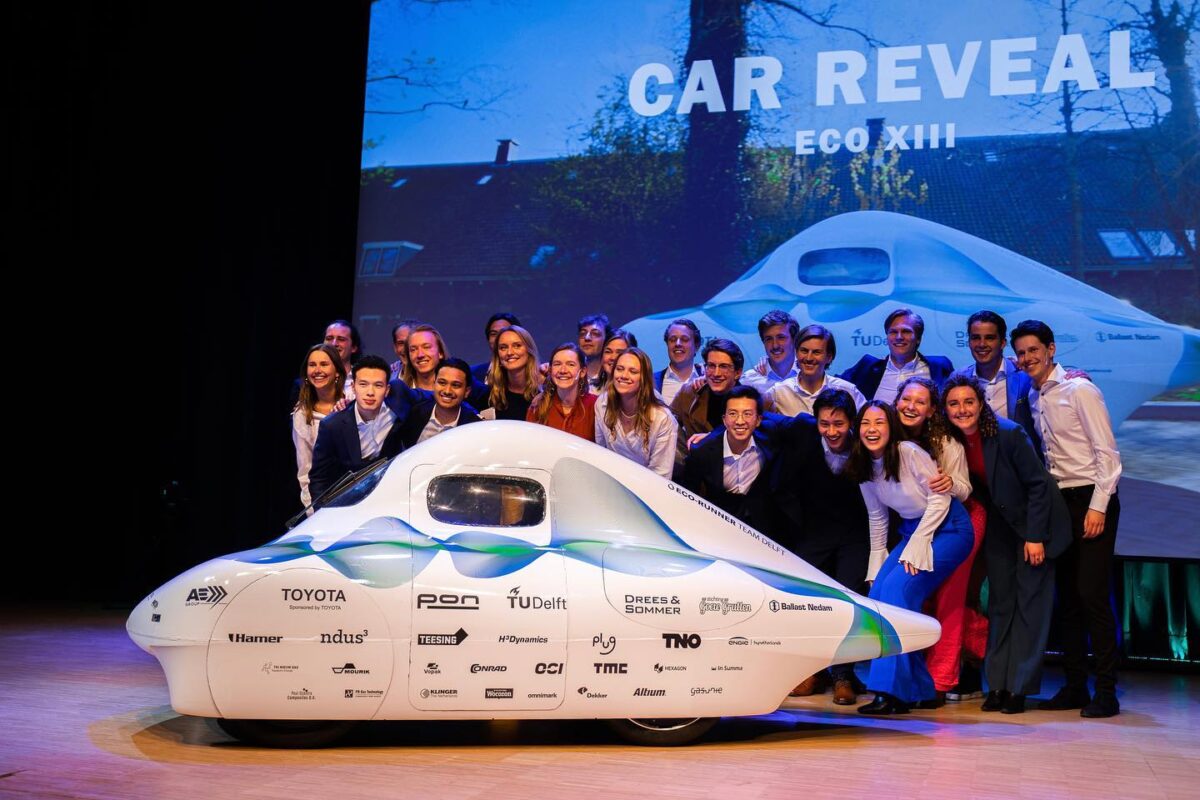
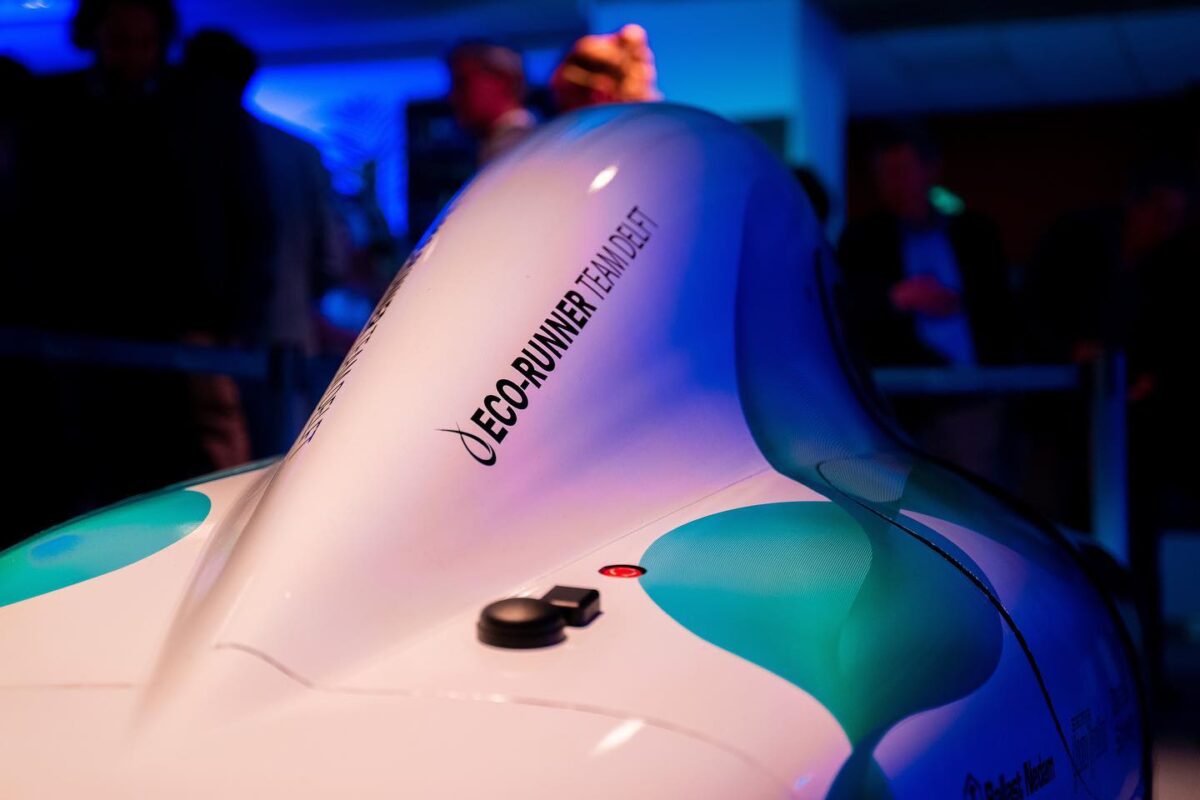
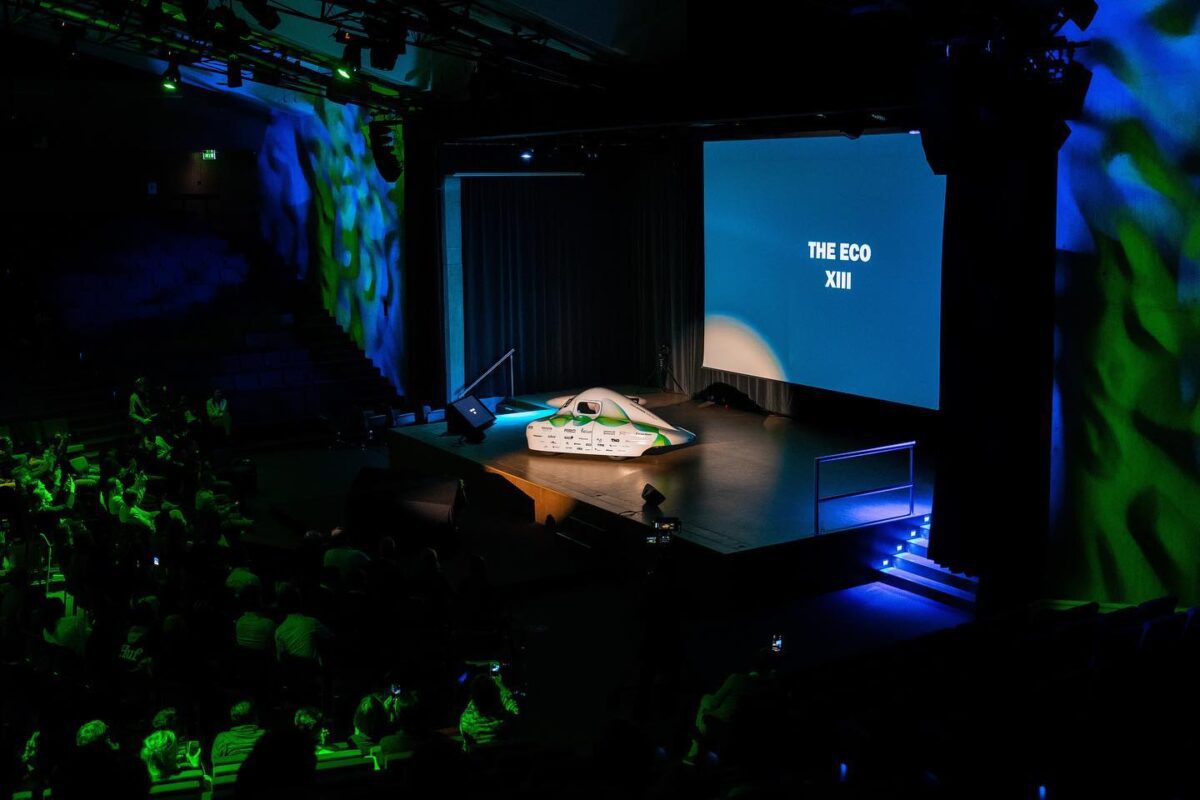
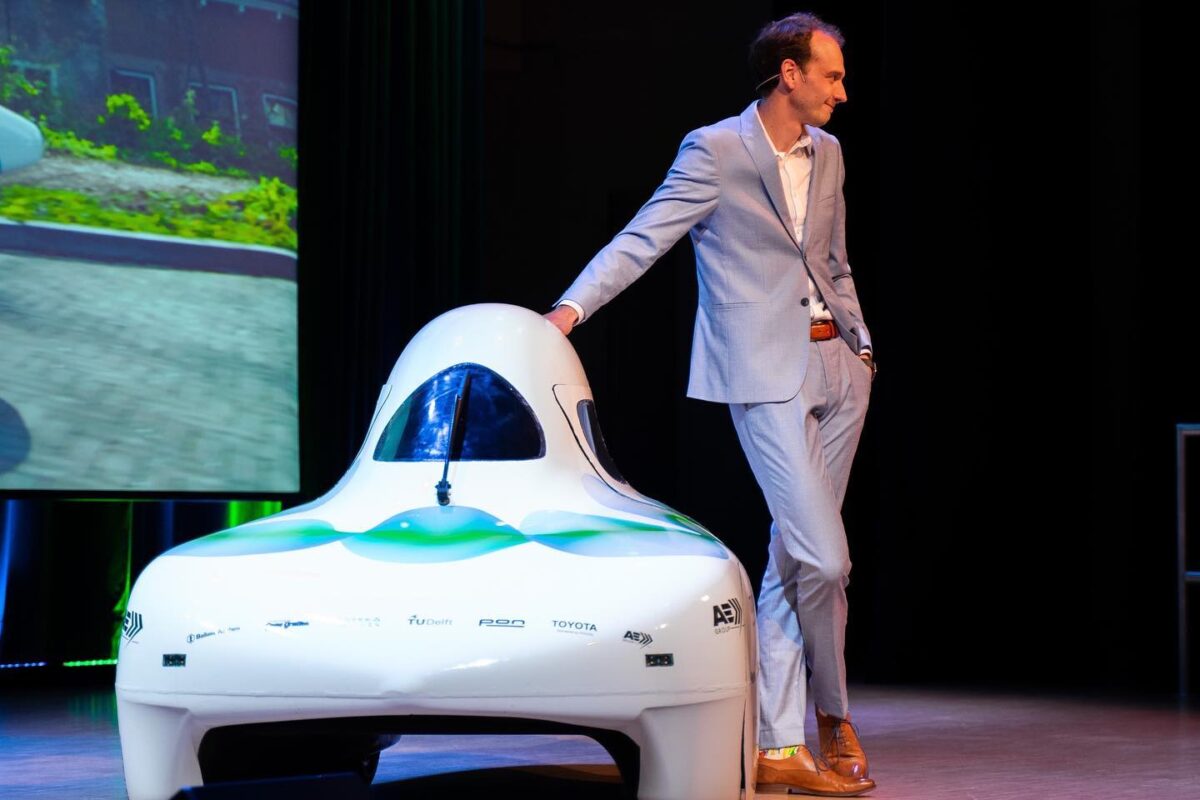
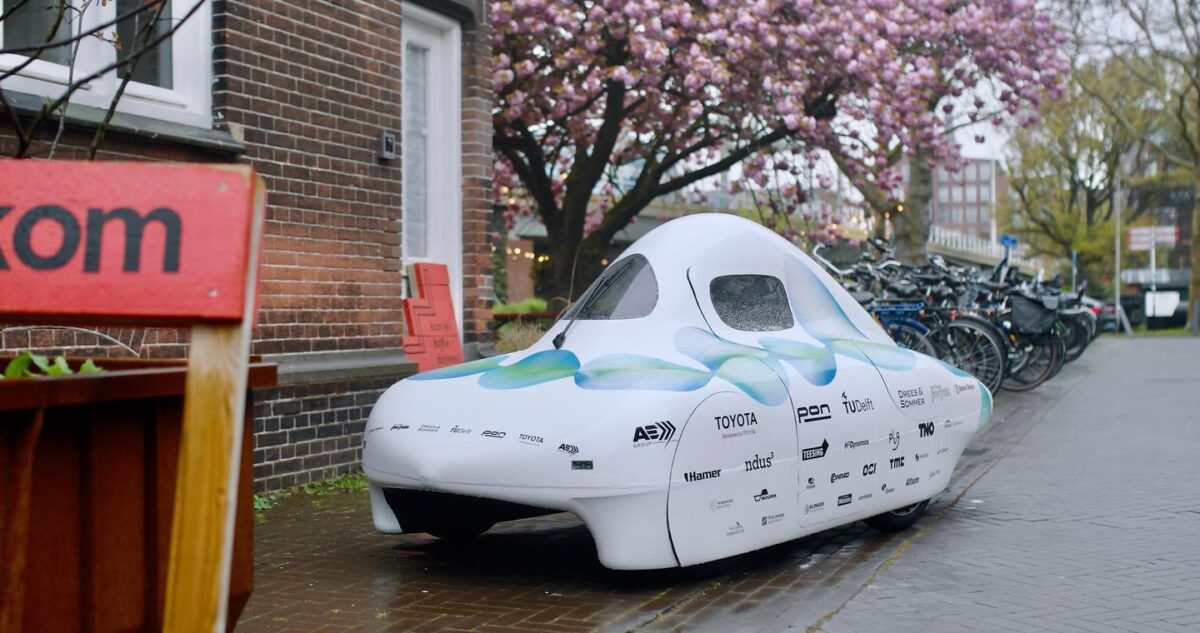
The development of hydrogen fuel cells for transportation involves two variants: using hydrogen in modified combustion engines or generating electricity in fuel cells. The previous world record of 2,056 km for the longest distance driven on hydrogen fuel was set by a Renault Zoe-based prototype equipped with methanol fuel cells. The Eco Runner XIII is the 13th generation of the vehicle, which has undergone continuous improvements since its inception in 2005. While not practical for everyday use, the Eco Runner XIII’s design prioritizes lightweight construction and aerodynamics for optimal efficiency. The car’s carbon fiber body, suspension, and steering elements contribute to its reduced weight. During the record-breaking attempt, a group of students took turns driving the prototype every few hours for a total of 71.5 hours. The team incorporated a new generation of hydrogen fuel cells into the Eco Runner XIII, enhancing its efficiency compared to previous iterations.
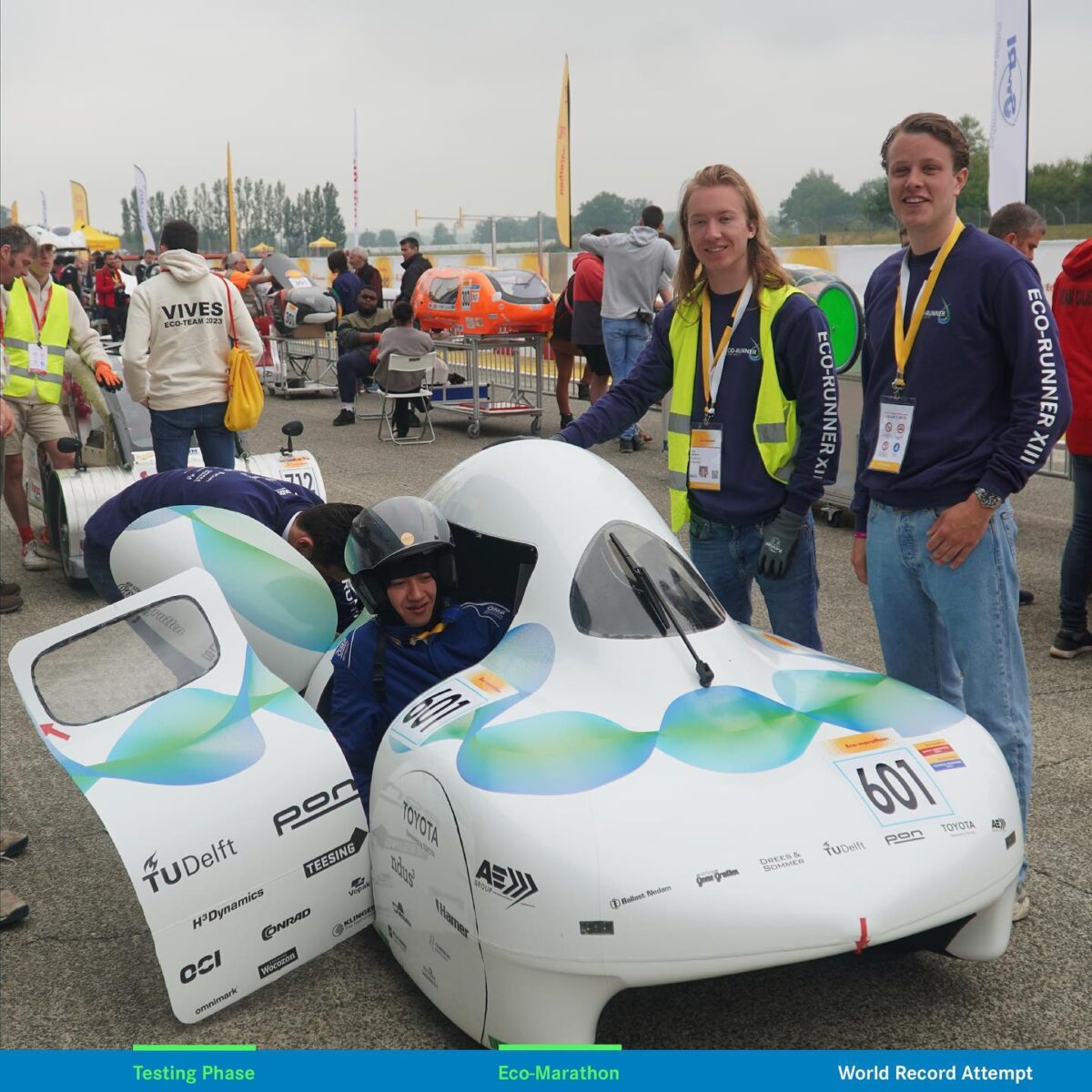
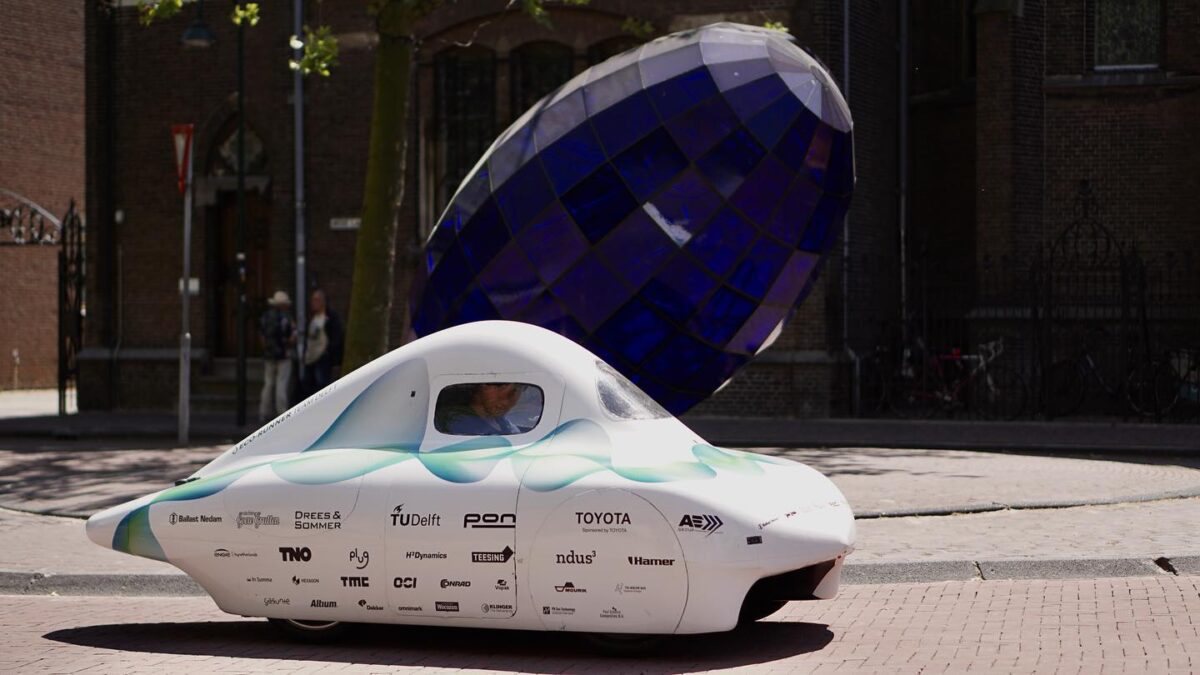
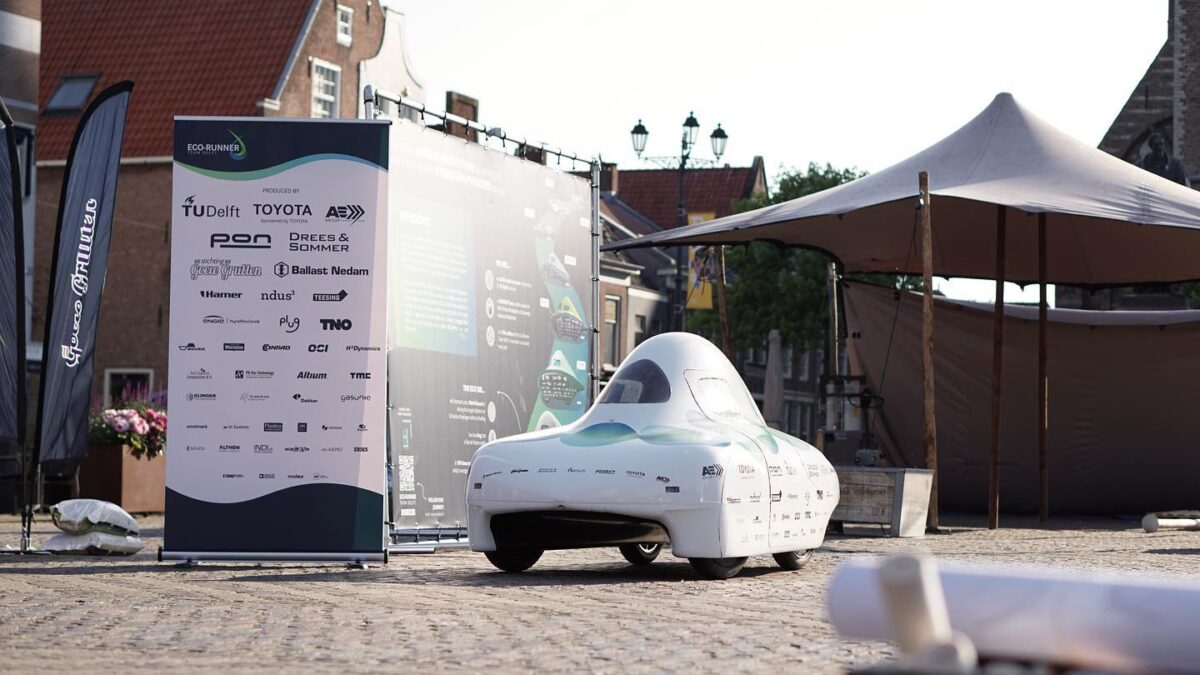
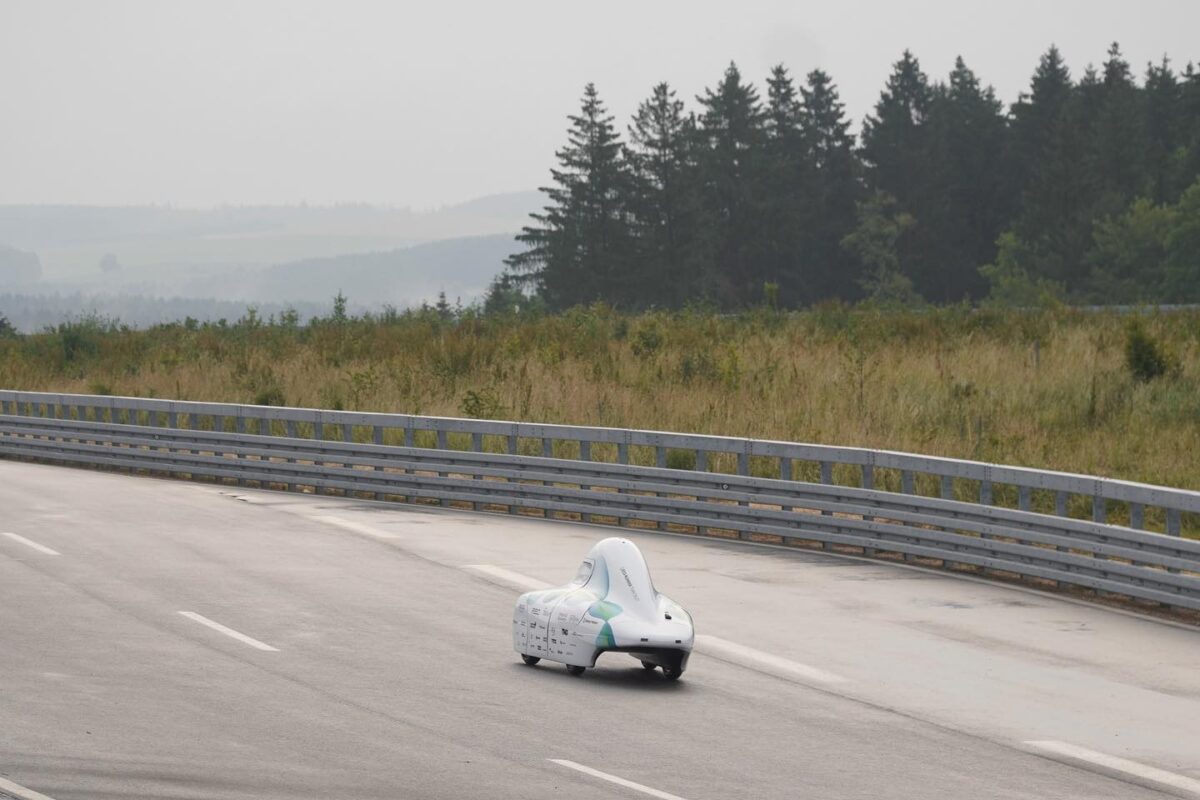
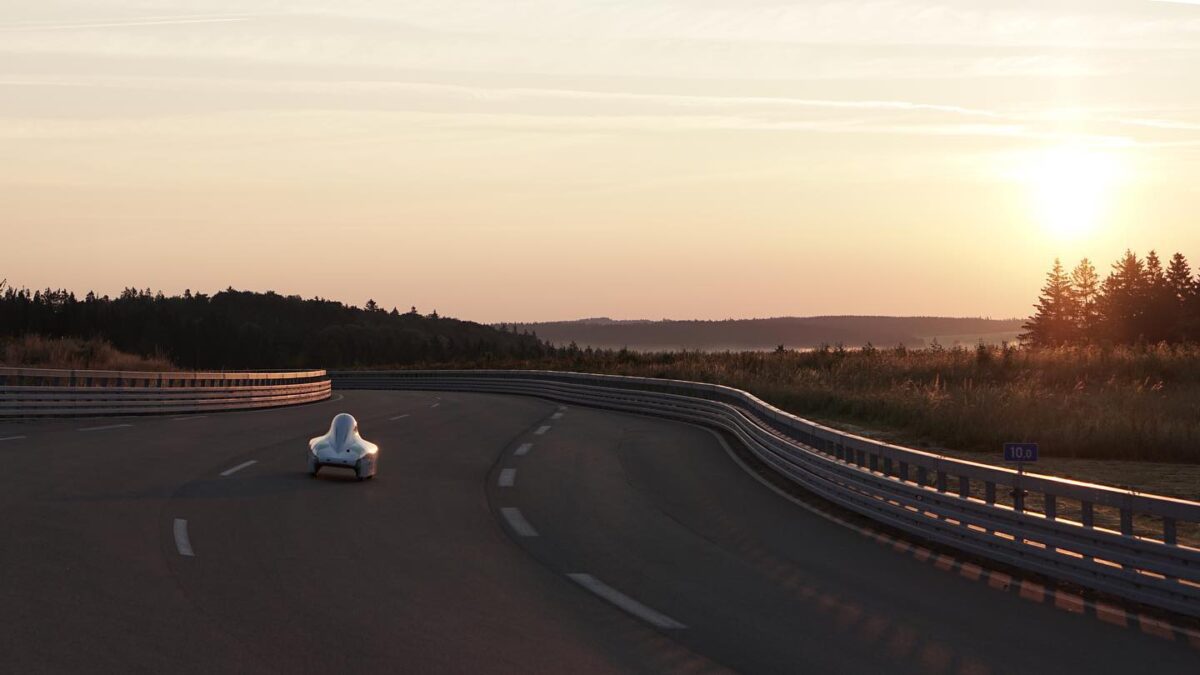
While the Eco Runner XIII may not be suitable for mass production, certain developments from the project can be transferred to more practical vehicles. Hydrogen fuel cells offer a faster refueling alternative and sufficient power for heavy transport, making them attractive for commercial applications. Despite the challenges, hydrogen-powered vehicles are gaining traction, with approximately 56,000 sold worldwide in 2022. Many in the truck market view hydrogen vehicles as a viable alternative to diesel engines. The Eco Runner project at TU Delft has a history of setting records, with each iteration pushing the boundaries of hydrogen car efficiency. The first version of the Eco Runner, called Eco1, set a record in 2005 by driving 346 miles (557 km) on a quarter of a gallon of petrol. The subsequent iterations of the Eco Runner focused on transitioning to hydrogen as the primary fuel source. The Eco Runner XIII was unveiled in 2020 and set a record by traveling 742 miles (1,195 km) non-stop on a single tank of hydrogen.
Similar Post
The record-breaking attempt for the greatest distance driven on hydrogen fuel took place at Germany’s Immendigen track. The Eco Runner XIII’s design featured carbon fiber components, an aerodynamic shape, and a brand-new fuel cell to optimize energy efficiency. The car’s lightweight construction allowed it to achieve an average speed of 28 miles (45 km) per hour during the record attempt. After surpassing their target of 1,277 miles (2,056 km), the team continued driving until the Eco Runner XIII finally halted after traveling over 1,500 miles on two pounds (950 g) of hydrogen. The accomplishment earned the team a Guinness World Record for the greatest distance driven by a car on a full hydrogen fuel tank. The integration of hydrogen vehicles alongside electric cars is seen as a combined solution for sustainable mobility, ensuring a diverse range of options to address future transportation needs.


